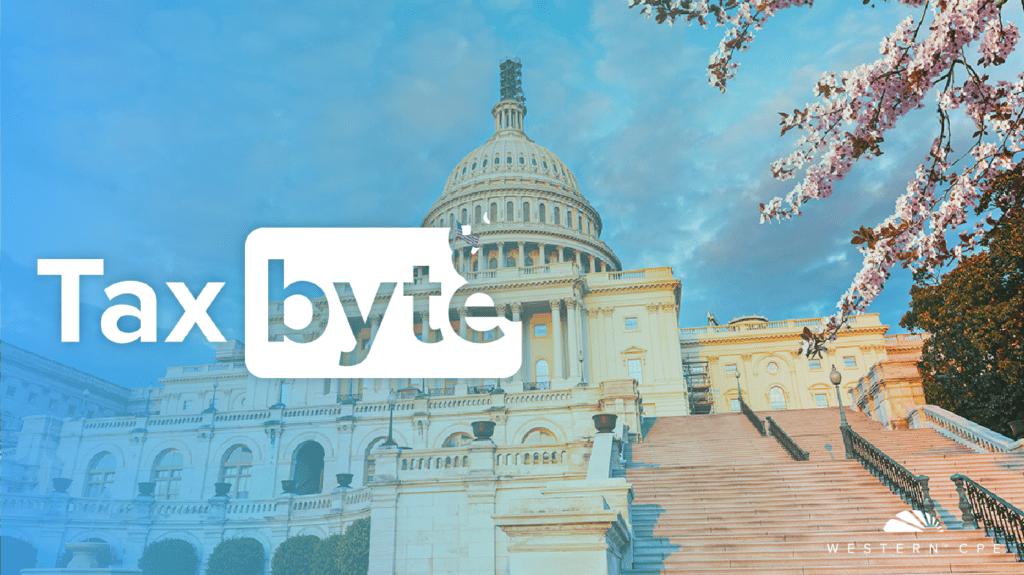

A recent employment tax fraud case serves as a stark reminder of the serious consequences business leaders face when failing to properly handle employee trust fund taxes. The case involves John Comeau, CEO of Vivid, Inc., a Campbell, California metal coating services company, who faces up to five years in prison for failing to remit approximately $1.15 million in withheld employment taxes to the IRS over nearly a decade. Sentencing is scheduled for April 30, 2025.
Case Overview
From 2010 through 2019, Vivid, Inc. properly withheld Social Security, Medicare, and income taxes from employee wages. However, Comeau, who held responsibility for tax compliance, failed to report and remit these funds to the IRS. This type of violation, known as a Section 6672 Trust Fund Recovery Penalty, is particularly serious because it involves mishandling funds held in trust for the government.
Implications for Tax Professionals
Trust Fund Recovery Penalty Exposure
This case underscores the personal liability aspects of employment taxes. The Trust Fund Recovery Penalty (TFRP) allows the IRS to assess responsible persons individually for unpaid trust fund taxes, separate from any criminal penalties. Tax professionals should ensure clients understand that corporate structures do not shield them from this personal liability.
Criminal Prosecution Risk
The criminal charges in this case demonstrate that the Department of Justice and IRS Criminal Investigation division take employment tax violations seriously. While many employment tax cases are handled civilly, egregious violations – particularly those involving extended periods or substantial dollar amounts – may trigger criminal prosecution.
Duration of Investigation
The lengthy period of non-compliance (2010-2019) highlights how the IRS may build cases over extended timeframes. Tax professionals should advise clients that attempting to “fly under the radar” with employment tax violations is extremely risky, as the liability continues to accumulate while evidence of willfulness builds.
Best Practices for Advising Clients
- Implement Strong Internal Controls
- Establish clear segregation of duties for payroll tax processing
- Create oversight mechanisms for tax deposits and filings
- Maintain detailed documentation of employment tax compliance
- Address Issues Promptly
- Encourage immediate disclosure of compliance failures
- Explore voluntary disclosure options when applicable
- Develop installment agreements before IRS enforcement begins
- Regular Compliance Reviews
- Schedule quarterly employment tax compliance checks
- Verify proper classification of workers
- Review responsible person determinations
Practice Implications
Tax professionals should use this case to:
- Educate clients about employment tax obligations and personal liability exposure
- Strengthen internal compliance procedures
- Develop early warning systems for potential violations
- Create action plans for addressing compliance failures
Tax Professional Takeaways
The Vivid, Inc. case serves as an important reminder that employment tax compliance is a top priority for business leaders. Tax professionals play a crucial role in preventing such situations through proactive advice and robust compliance programs. When violations do occur, early intervention and proper handling of voluntary disclosures can help mitigate both civil and criminal exposure.
Source: IRS Newsroom Press Release (newsroom@ci.irs.gov), December 11, 2024
Recent Stories


IRS Releases Guidance on Expanded HSA Access Under the OBBBA




Wrong Signature Invalidates Assessment Window (CCA 202505027)
Next Up...
- |
- TaxByte
- |
- TaxByte
- |
- TaxByte

